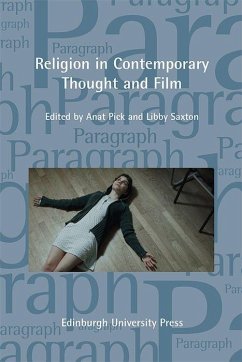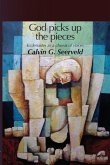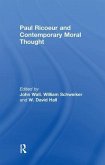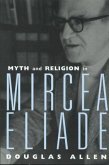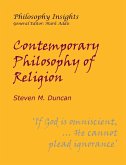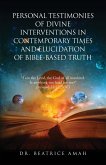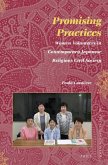The special issue responds to two concurrent phenomena: the re-emergence in the 21st century of religion as a political and cultural force, and its resurgence in a range of theoretical discourses, from postsecularism to New Atheism. Mirroring this theoretical and cultural turn, cinema across the world is renewing its acquaintance with religion as private practice, public display and political force and exploring overlapping material, spiritual and doctrinal concerns in the new millennium. This issue probes intersections between contemporary cinema and diverse theoretical, philosophical and theological engagements with religion. It compares cinema's capacity to present visual expressions of faith, evoke embodied experience and varied modalities of love, correlate earthly and divine realities and inspire belief and doubt with writings on religion and postsecularism. Contributors explore ideas about transcendence, vocation, affliction, love, doubt and forms of religious practice and expression that connect specific films with theoretical accounts that look beyond the secular. Key Features -Covers a wide range of cinemas from the United States, France, Poland, Russia, Saudi Arabia and China. -Juxtaposes responses to Judaeo-Christian thought with Islamic feminism, theology from the Arab-speaking world and Buddhist ethics. -Situates recent films within traditions of idiosyncratic thinking about God that stretch back to the work of Søren Kierkegaard and Simone Weil. -Challenges the established (male, white) canon of religious film criticism and filmmakers, from Carl Theodor Dreyer and Robert Bresson to Bruno Dumont and Lars von Trier. Libby Saxton is Senior Lecturer in Film Studies at Queen Mary, University of London. She is author of Haunted Images: Film, Ethics, Testimony and the Holocaust (Wallflower, 2008), co-author of Film and Ethics: Foreclosed Encounters (Routledge, 2010) and co-editor of Holocaust Intersections: Genocide and Visual Culture at the New Millennium (Legenda: 2013). She is writing a book on iconic images, photography and cinema. Anat Pick is Reader in Film Studies at Queen Mary, University of London. She is author of Creaturely Poetics: Animality and Vulnerability in Literature and Film (Columbia University Press, 2011), co-editor of Screening Nature: Cinema Beyond the Human (Berghahn, 2013), and has published articles on animals, ethics and film. Her new book project is on the philosopher and mystic Simone Weil and cinema.

